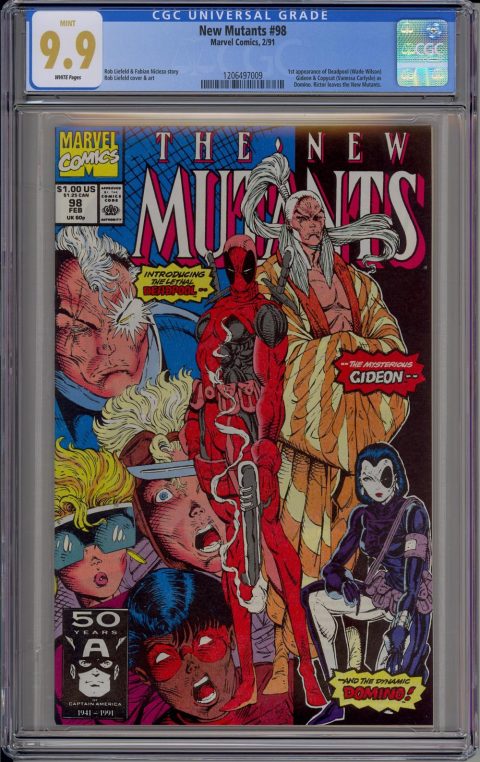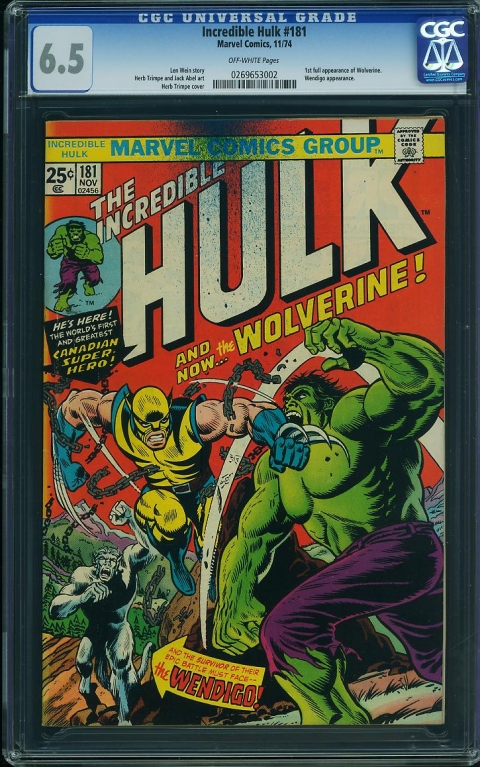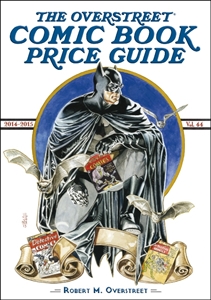Storage
 The proper storage of comic books is often overlooked, sometimes with costly results. The main focus of storage should be preservation of condition. Convenience of access or visual display should not be deciding factors for comic book storage. Unused corners of ones home or apartment should not be considered for storage if they may compromise the condition of the comic books.
The proper storage of comic books is often overlooked, sometimes with costly results. The main focus of storage should be preservation of condition. Convenience of access or visual display should not be deciding factors for comic book storage. Unused corners of ones home or apartment should not be considered for storage if they may compromise the condition of the comic books.
The area used for storage should be dark, dry and cool with little variation in temperature and humidity throughout the year. Basements, attics, outdoor sheds and garages are NOT places you should be storing your comics. You want dark because light, especially sunlight can fade colors on inks. You want dry because humid moist paper can mold. You want cool because paper can become brittle in too much heat. You want little temperature variation because things expand a bit with heat and contract with cold (think paved roads).
Probably the most convenient spot for your comics is the bedroom closet, against the very back wall. It’s a place that is dark, dry and has very little fluctuation in temperature if heating and air-conditioning temperatures are held relatively equal throughout the year.
The list of items you’ll need to effectively store your comics are luckily inexpensive and easy to obtain. Any good comic book store will be able to properly arm you with what you need. What you’ll need:
– Comic book bags – I recommend mylar material because it’s the highest quality archival material that will not chemically interact with your comic books. They have Milite products which are thin and flexible and a lot cheaper than the rigid thick mylar bags. For large collections mylar becomes expensive but regular polyethylene or polypropylene bags will do the trick nicely. I do recommend putting your more expensive comics in mylar or milite. It is super important to use the right size of bags. If the bag is too tight you will be damaging the comic when sliding it in and out of the bag, if it is too loose the comic may ‘swim’ within the bag and get damaged while it’s ‘swimming around’ in the bag.
– Comic book boards – Boards are needed to give extra structural support to the comic books. I like putting the comic on the board then sliding this combined unit into the bag. I pick a very flat and clean surface where I can turn the now bagged and boarded comic onto its face and lay it down. I then push the air out of the bag by sliding my hand firmly along the backing board working up to the open end; I then flip over the flap of the bag and tape the flap tightly to the back. The size of the board is just as important as the size of the bag. While the bag is designed to protect the comic from dirt, liquid etc, the board is designed to protect the comic’s spine from bending and its corners from dings. Make sure the board is rigid and that it is large enough to protect the whole comic with a bit of room to spare.
– Comic book boxes – Always use boxes specifically made to store comic books. By picking the right size (something the friendly people at your local comic book store will gladly help you with) you are ensuring a snug fit (with very little travelling within the box) and you are ensuring rigidity and strength that will enable you to stack boxes. The ability to safely stack boxes will help in optimizing the storage space available. Spacers within the box should be used if the comic box is not full. Damage can happen if the comics violently shift within the box during transport or stacking. Though there are no true comic spacer products I find empty baseball card boxes work great. They vary in thickness depending how you turn them and they are very light and inexpensive. Boxes also allow your comics to be stored upright which is preferred to them being stacked flat one on top of each other. Comics are subject to less stress when stored upright.
Always wash up before bagging and boarding your comic books. Dirt, oils, moisture, dust and other grubby things you carry around on your unwashed hands are not good for old delicate paper.
Again, your local comic book store will have all the answers with regard to comic storage product sizes, quality and cost.
So there you have it. Protecting your treasures properly is really not that hard. In turn, finding the time to bag, board and box all those beauties is harder than hard (especially when you find yourself reading every fourth comic you pick up).
Walter Durajlija is an Overstreet Advisor and Shuster Award winner. He owns Big B Comics in Hamilton, Ontario, Canada



